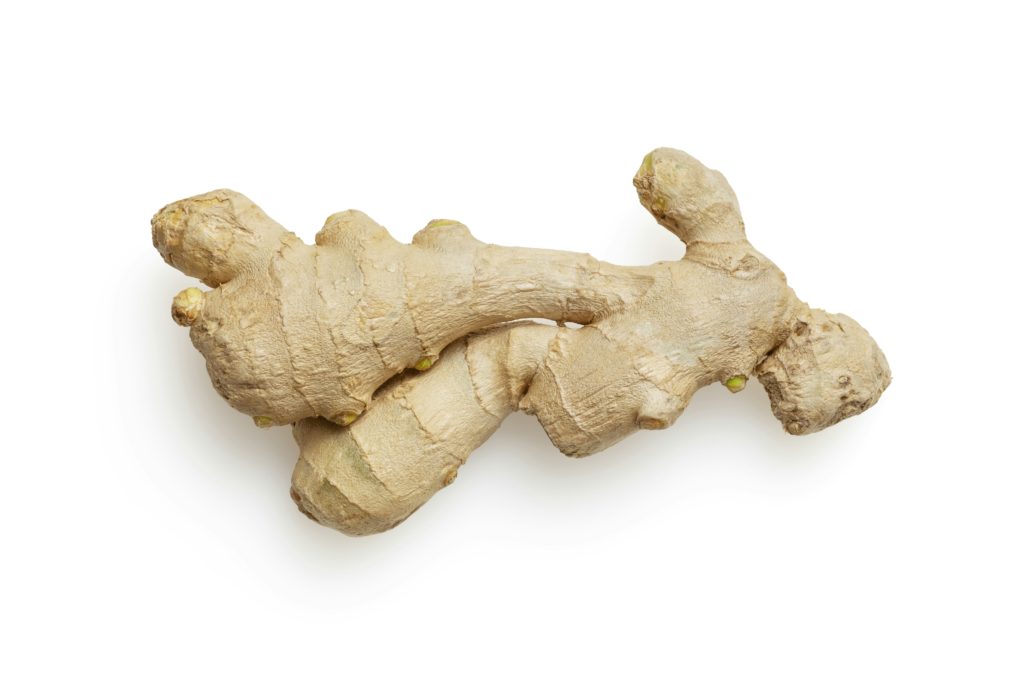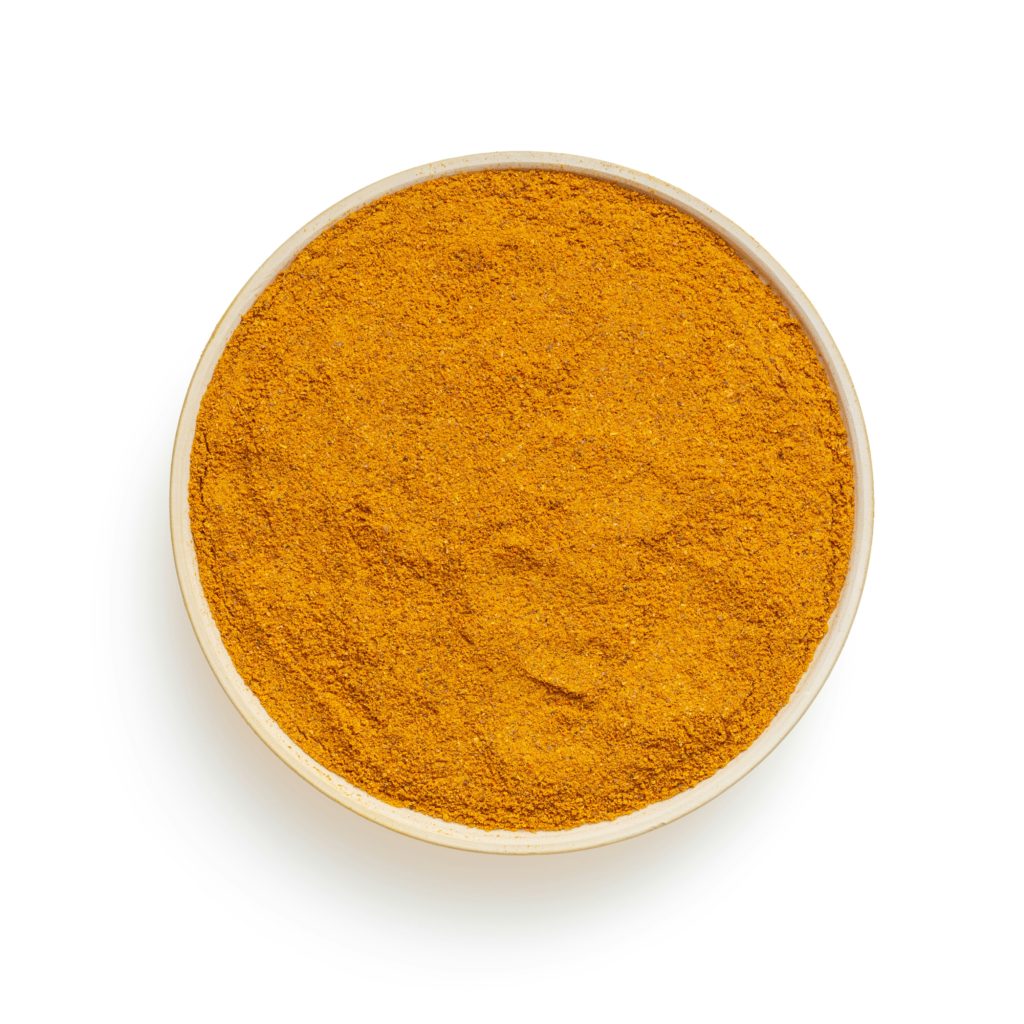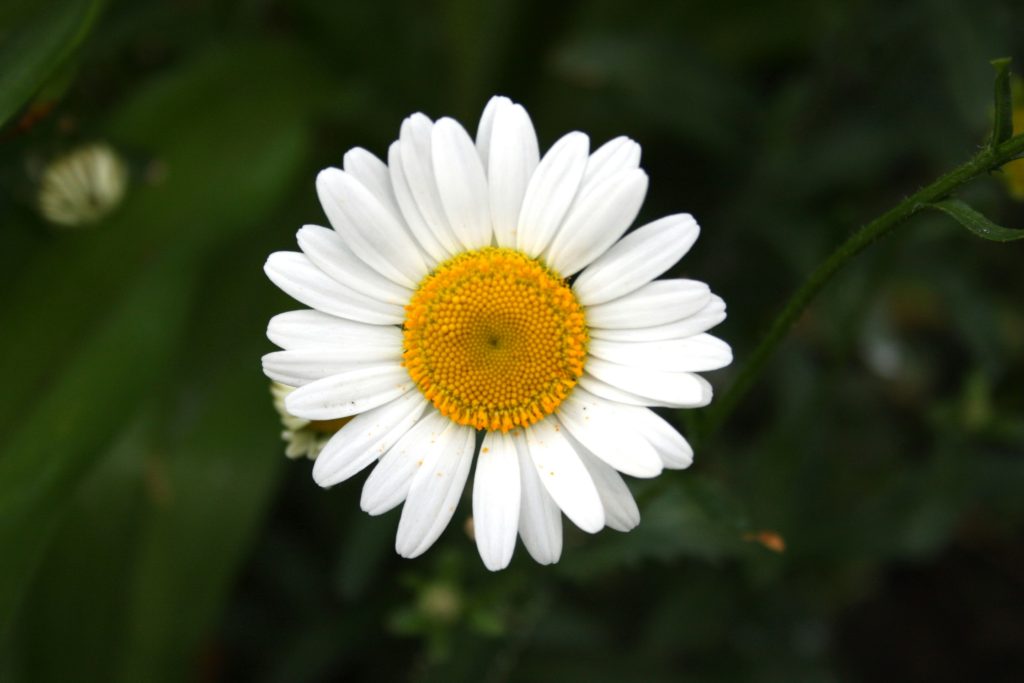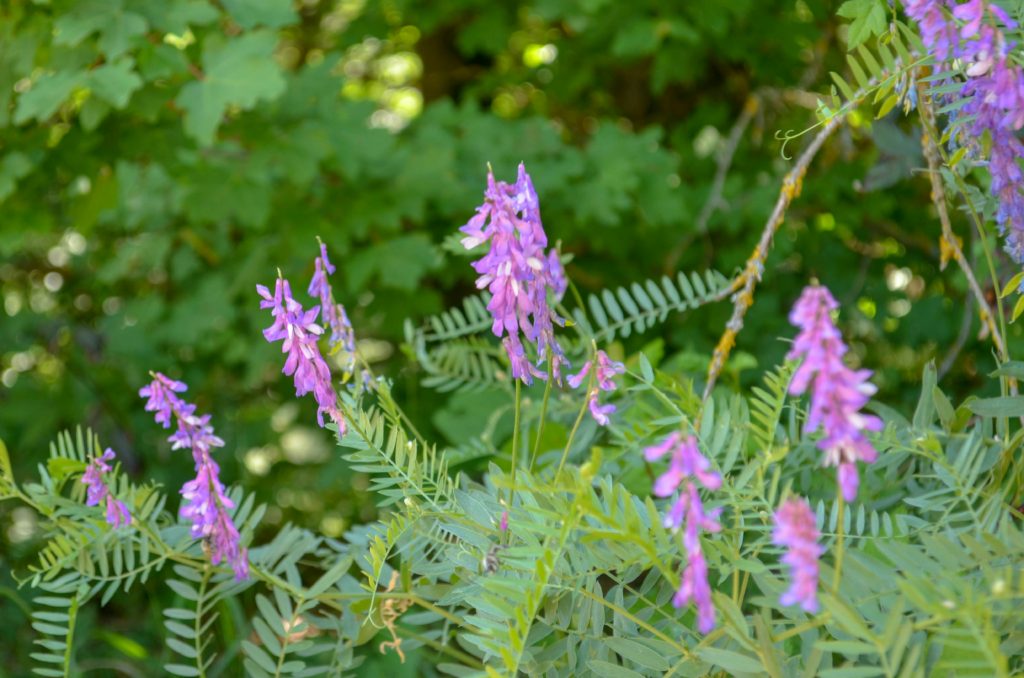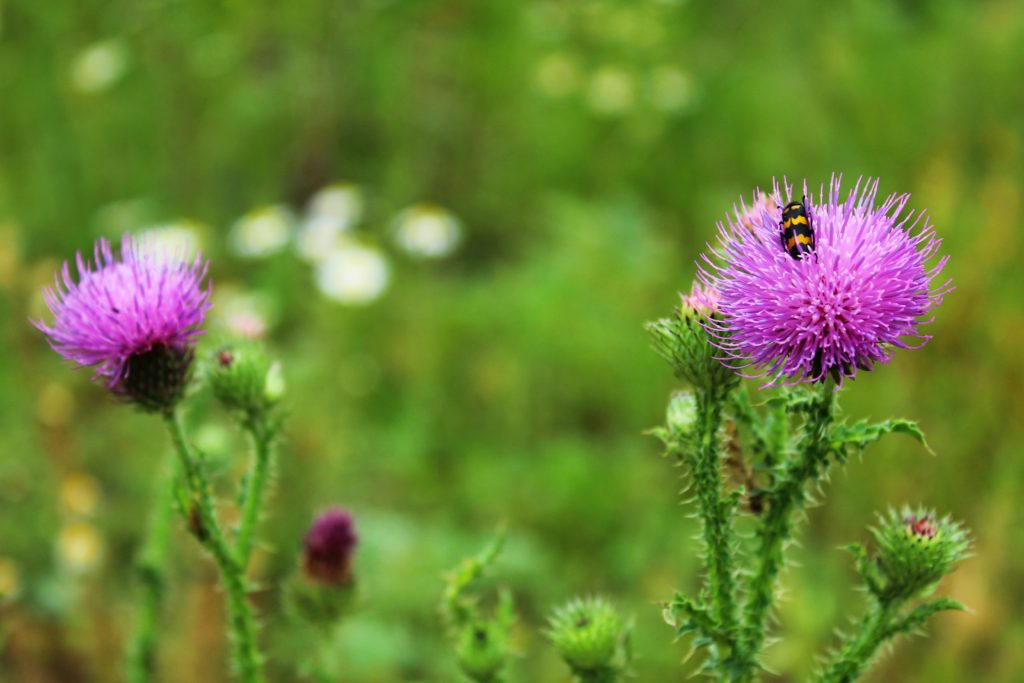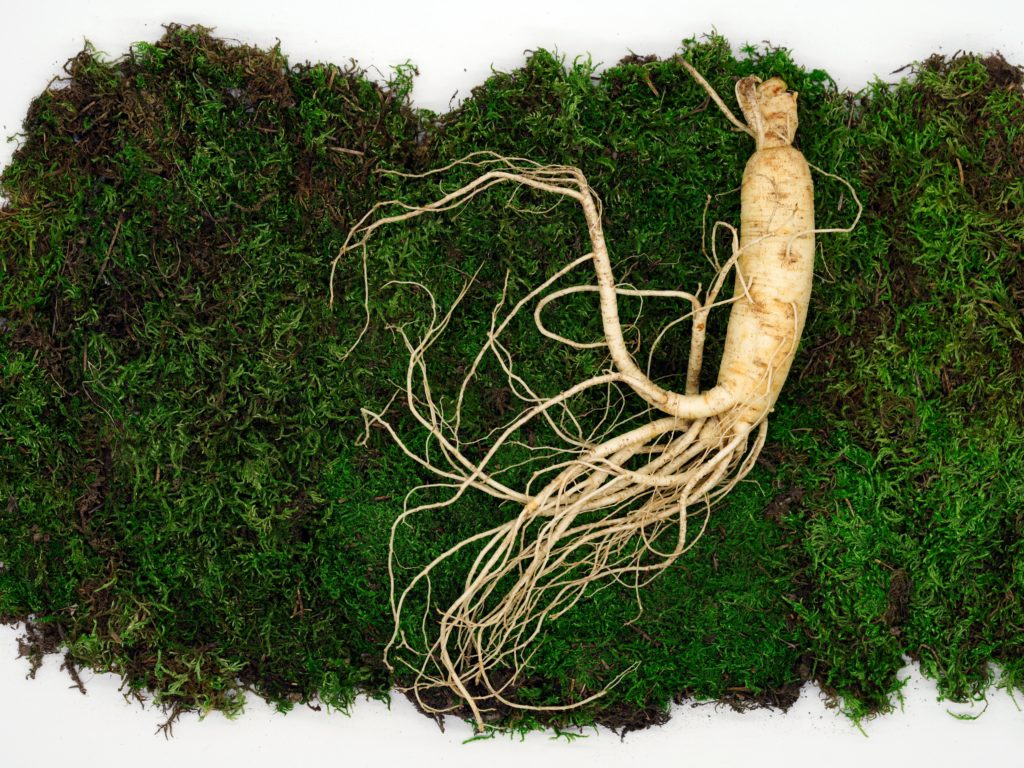
Discovering Herbal Remedies: Nature’s Solutions for Everyday Ailments
The art of healing using plant-derived substances or herbal remedies is as old as mankind. In every civilization across the globe, herbal remedies have been prized to cure common and […]
The art of healing using plant-derived substances or herbal remedies is as old as mankind. In every civilization across the globe, herbal remedies have been prized to cure common and complex ailments, harnessing the magical power of nature’s garden. This article sets out to shed light on the potency of these natural therapeutic agents, offering an insightful journey into the world of herbal remedies.
Herbal remedies come packed with numerous medicinal properties that can combat an array of health conditions. Let’s delve into some popular herbal solutions that serve as natural panaceas for everyday ailments.
Photo by Mockup Graphics on Unsplash
Ginger: The Spice of Health
Ginger is widely used in traditional Chinese medicine and is highly effective in treating gastrointestinal issues, relieving nausea, and reducing inflammation. Gingerol, the crucial bioactive substance in ginger, bolsters your immune system, bringing a plethora of health benefits. Ginger can be consumed fresh, dried, or as a tea. Its warming properties also make it an excellent remedy for colds and flu. Incorporating ginger into your daily diet can improve digestion and reduce muscle pain and soreness.
Photo by Mockup Graphics on Unsplash
Turmeric: The Golden Healer
This sunshine-yellow spice is a cornerstone of Ayurvedic medicine. Curcumin, the active ingredient in turmeric, is praised for its potent anti-inflammatory and antioxidant properties. Turmeric is beneficial in reducing arthritis pain, boosting brain-derived neurotrophic factor, and lowering the risk of brain diseases. It can be added to curries, smoothies, or consumed as a tea. Combining turmeric with black pepper enhances its absorption in the body, making it more effective.
Photo by Kira Cherkavskaya on Unsplash
Chamomile: The Sleep Inducer
Chamomile, a daisy-like plant, is often hailed as a sleep inducer and mild tranquilizer. Its calming effects may be attributed to an antioxidant called apigenin that binds to specific receptors in your brain. Chamomile can also soothe menstrual pain and lower blood sugar levels in people with diabetes. Drinking chamomile tea before bedtime can promote relaxation and improve sleep quality. It can also be used topically to soothe skin irritations and reduce inflammation.
Photo by Elchin Guliyev on Unsplash
Astragalus: The Immune Booster
Astragalus is a powerhouse of health benefits. It stimulates the immune system, aiding in the prevention of colds and upper respiratory infections. Astragalus also assists in managing heart diseases and improves kidney health. This herb can be taken as a supplement, tea, or added to soups and stews. Its adaptogenic properties help the body resist various stressors, making it a valuable addition to your health regimen.
Photo by Anastasia R. on Unsplash
Milk Thistle: The Detoxifier
Milk thistle is a natural remedy known for its detoxification properties. Native to Mediterranean countries, milk thistle leverages its active ingredient, silymarin, to treat chronic liver diseases and lower cholesterol levels. It protects the liver from toxins and supports its regenerative processes. Milk thistle can be consumed as a supplement or tea. It’s especially beneficial for those looking to support liver health and improve digestion.
Ginseng: The King of Herbs
Referred to as the “king of herbs,” ginseng is renowned for its ability to bolster energy levels, lower blood sugar and cholesterol levels, reduce stress, and promote relaxation. Ginseng can be consumed as a supplement, tea, or added to smoothies. It improves mental clarity and physical endurance, making it a popular choice among those looking to enhance their overall vitality.
Safety and Consultation
Although the planet’s bounty can help us manage and prevent various health issues, it is important to remember that these natural remedies should be consumed as complementary therapies. For any severe health issue or before starting any herbal regimen, consider consulting a healthcare professional. Proper dosage and potential interactions with medications should be discussed to ensure safety and effectiveness.
Holistic Approach to Health
Adopting a balanced diet, indulging in regular exercise, and maintaining a calm lifestyle can significantly contribute to a sound mind and body. Herbal remedies can act as master sweeps to expedite this process, addressing the root cause of maladies, and fostering a life imbued with health and happiness. Incorporating mindfulness practices, such as meditation and yoga, can enhance the benefits of herbal remedies and promote overall well-being.
Conclusion
The realm of herbal remedies is indeed vast, untamed, and fascinatingly beneficial. Whether you’re combating a persistent cough or wish to give your immune system a much-needed boost, Mother Nature invariably has a cure tucked away in her abundant lap. As we step towards a future that recognizes the blend of traditional wisdom and scientific knowledge, going back to these roots is ultimately going back to health.
Main Takeaway: Herbal remedies offer natural and effective solutions for everyday ailments. By integrating these plant-based therapies into your lifestyle, you can harness nature’s healing power to enhance your health and well-being.
Featured Photo by 本草圈 on Unsplash
Written by AI & Reviewed by Clinical Psychologist: Yoendry Torres, Psy.D.
Disclaimer: Please note that some blog posts may contain affiliate links and Sana Network will earn a commission if you purchase through those links at no additional cost to you. We use all of the products listed and recommend them because they are companies or products that I have found helpful and trustworthy. Our website is supported by our users.

